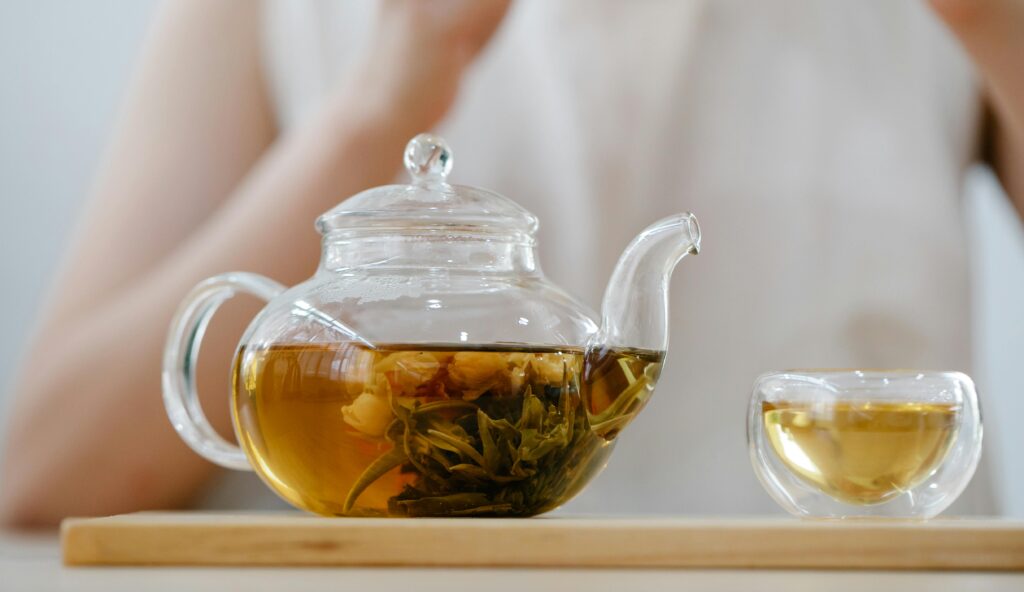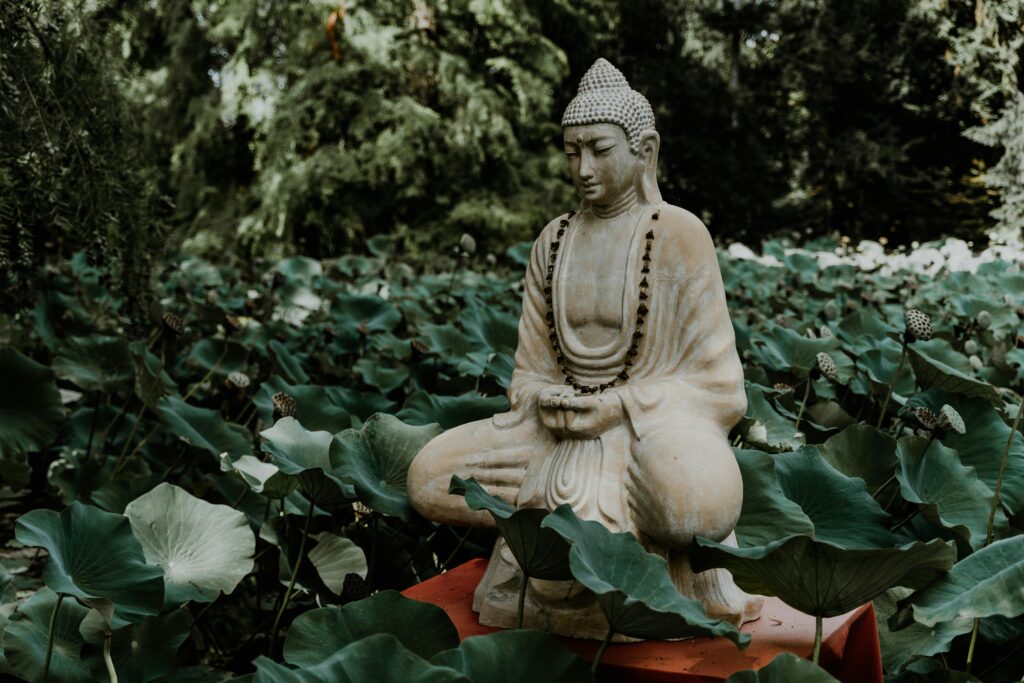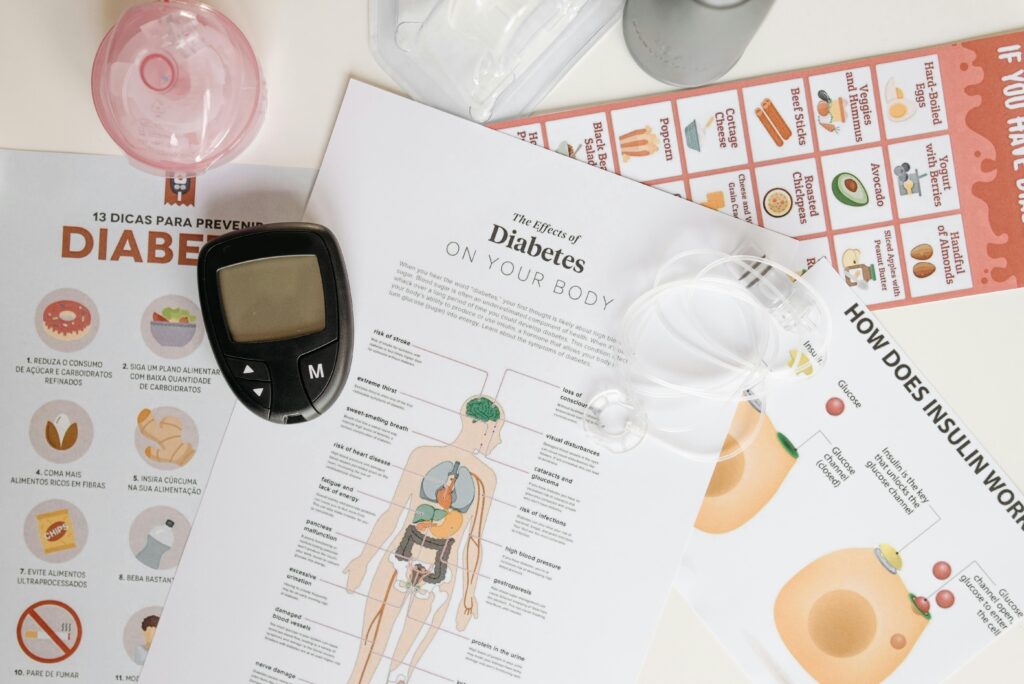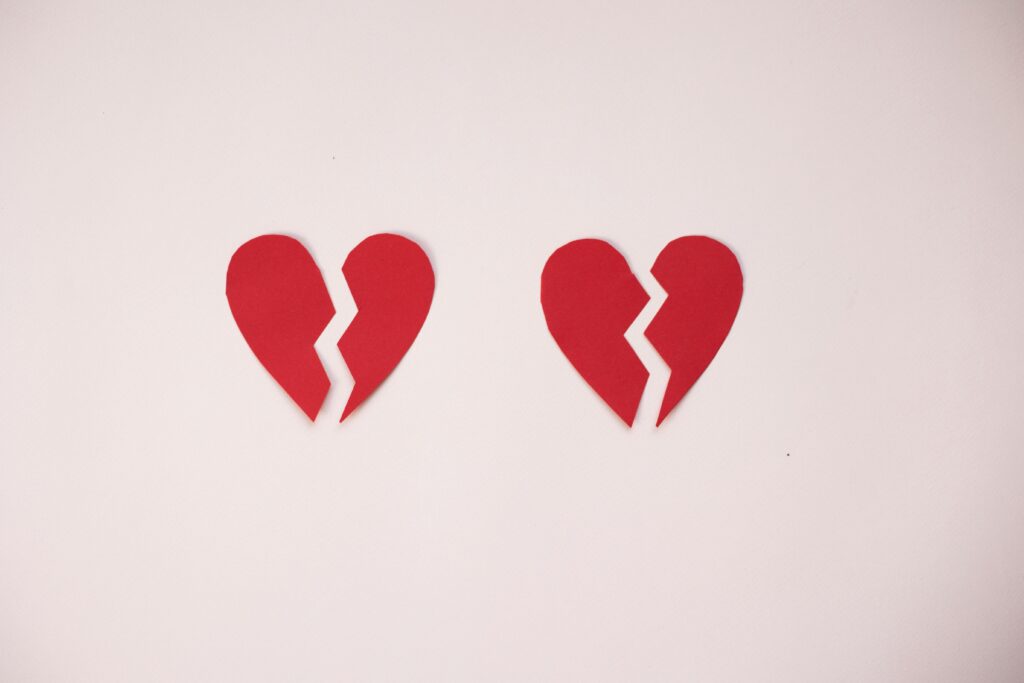You’ve swapped sugar for jaggery, started walking after dinner, and even bought a home BP monitor. But wait—what about that steaming cup of herbal tea you sip every evening while watching the news? Is it helping your blood pressure—or quietly making things worse?
Welcome to the Great Tea Debate. Because not all herbal teas are created equal—especially when it comes to your blood pressure.
If you’re in your 50s and getting serious about heart health, this one’s for you. We’ll stir the tea (pun intended) and separate the helpers from the hurters.
First, What’s the Deal with Herbal Tea?
Herbal teas aren’t technically teas. They’re infusions made from leaves, flowers, roots, seeds, or bark. No caffeine. No milk. No sugar—unless you add it, of course.
They’re often seen as safe, natural, and good for you. But here’s the catch: “natural” doesn’t always mean “harmless.” Especially if you’re keeping an eye on your blood pressure.
So, which teas can you trust? And which ones should you keep at arm’s length?
The BP-Friendly Tea Stars
Let’s start with the good guys—herbal teas that may actually help lower your blood pressure.
1. Hibiscus Tea – The BP Superstar
Deep red, tangy, and slightly floral, hibiscus tea isn’t just pretty. It’s loaded with antioxidants and has been shown to lower systolic and diastolic BP in several studies.
How it works: It helps relax blood vessels and acts as a natural diuretic, reducing the volume of blood your heart has to pump.
How to enjoy it: Steep dried hibiscus petals in hot water for 5–10 minutes. Add a little honey if needed (but skip the sugar).
A word of caution: Don’t combine it with BP medication unless your doctor gives the thumbs up. It can enhance their effect a bit too much.
2. Green Tea – Mild But Mighty
Technically not a herbal tea, but it deserves a mention. Green tea contains catechins, which may help relax blood vessels and improve blood flow.
It’s not a BP-lowering miracle, but when combined with a healthy lifestyle, it can offer gentle support.
Stick to 1–2 cups a day and watch out for caffeine if you’re sensitive to it.
3. Chamomile Tea – Your Stress-Buster
Chamomile doesn’t directly lower blood pressure, but it helps you relax—and that’s half the battle won.
Stress is a silent BP booster, and chamomile can help reduce anxiety, promote better sleep, and keep your nervous system calm.
Bedtime brew? Yes, please.
4. Rooibos Tea – Red, Rich, and Caffeine-Free
From South Africa, rooibos tea is packed with antioxidants. It may help reduce oxidative stress, which in turn can support better heart health.
While more research is needed on its BP-lowering effects, it’s safe, caffeine-free, and a great alternative to your usual cup.
5. Ginger Tea – Zesty and Heart-Loving
Ginger has anti-inflammatory and vasodilating properties, meaning it helps widen blood vessels and improve circulation.
It’s especially useful if your BP spikes due to bloating or water retention.
But be careful—too much ginger (especially in capsule or extract form) can interact with medications or thin the blood too much.
The Not-So-Innocent Cups: Teas to Watch Out For
Now let’s spill the tea on the ones that might not be so helpful—or can even worsen your BP if not taken with care.
1. Licorice Root Tea – The Sneaky Villain
Yes, the very ingredient that gives some candies their unique flavor. Licorice root can raise blood pressure by reducing potassium levels and increasing sodium retention.
Even “natural” BP can spike after regular consumption of this tea.
Bottom line? Avoid it if you have high blood pressure—or even borderline readings.
2. Ginseng Tea – The Wild Card
Some studies say ginseng lowers blood pressure. Others say it increases it. Basically, it’s unpredictable, and effects can vary from person to person.
It also interacts with several medications. So if you’re in your 50s and on prescription drugs, steer clear unless your doctor says otherwise.
3. Yerba Mate – Energy with a Side of Risk
Popular in South America, yerba mate is often used as a tea or energy drink. But it contains caffeine—and a fair bit of it.
Caffeine can temporarily raise blood pressure, especially in people who aren’t used to it. If you love the buzz, have it occasionally, not as a daily routine.
4. St. John’s Wort – Mood Helper, BP Confuser
Often used to manage mild depression or anxiety, this herb may mess with medications—including those for BP.
It also makes your body process drugs faster, possibly reducing the effect of your BP pills. Tricky, right?
Unless prescribed by a doctor, better to skip it.
Tea Tips for the 50-Plus Crew
So now that we know which teas help and which ones don’t, how do you make herbal tea part of a BP-friendly lifestyle?
Tip #1: Avoid Sugar and Honey Overload
That herbal tea might be healthy, but not if you drown it in sugar or even too much honey. Keep it mildly sweet or, better still, go unsweetened.
Tip #2: Watch Your Portion
One or two cups a day is fine. But having 5–6 cups of even a “safe” herbal tea can have cumulative effects. Especially if you’re on medication.
Tip #3: Stick to One Type at a Time
Don’t blend hibiscus, chamomile, ginger, and tulsi all into one “super tea.” They may have opposing effects or interfere with each other.
Stick to a single-ingredient tea unless you’re using a branded blend made by a trusted source.
Tip #4: Talk to Your Doctor
Always. Before trying any new herbal tea regularly, especially if you’re already on medication or managing a chronic health condition.
Your doctor can help you avoid dangerous interactions.
Bonus: Try This Simple BP-Soothing Tea Recipe
Hibiscus & Ginger Soother
- 1 tsp dried hibiscus petals
- 1 small slice of fresh ginger
- 1.5 cups of water
- Boil and steep for 10 minutes
- Strain, let it cool a bit, and enjoy!
Refreshing, calming, and potentially helpful for your heart.
The Bottom Line
Herbal teas can be your warm, comforting allies in the journey to better blood pressure—but only if chosen wisely. Some can help lower your BP. Others can raise it without you even realizing it.
So don’t just sip blindly. Pay attention to what’s in your cup. Choose the right brews. Avoid the risky ones. And keep your doctor in the loop.
Your heart—and your tea-loving soul—will thank you.
Do you have a go-to herbal tea for managing your blood pressure—or one that surprised you?
Share your favorite brews or BP tea stories in the comments! And if you enjoyed the read, like, share, and follow the blog for more sip-worthy wellness tips.





